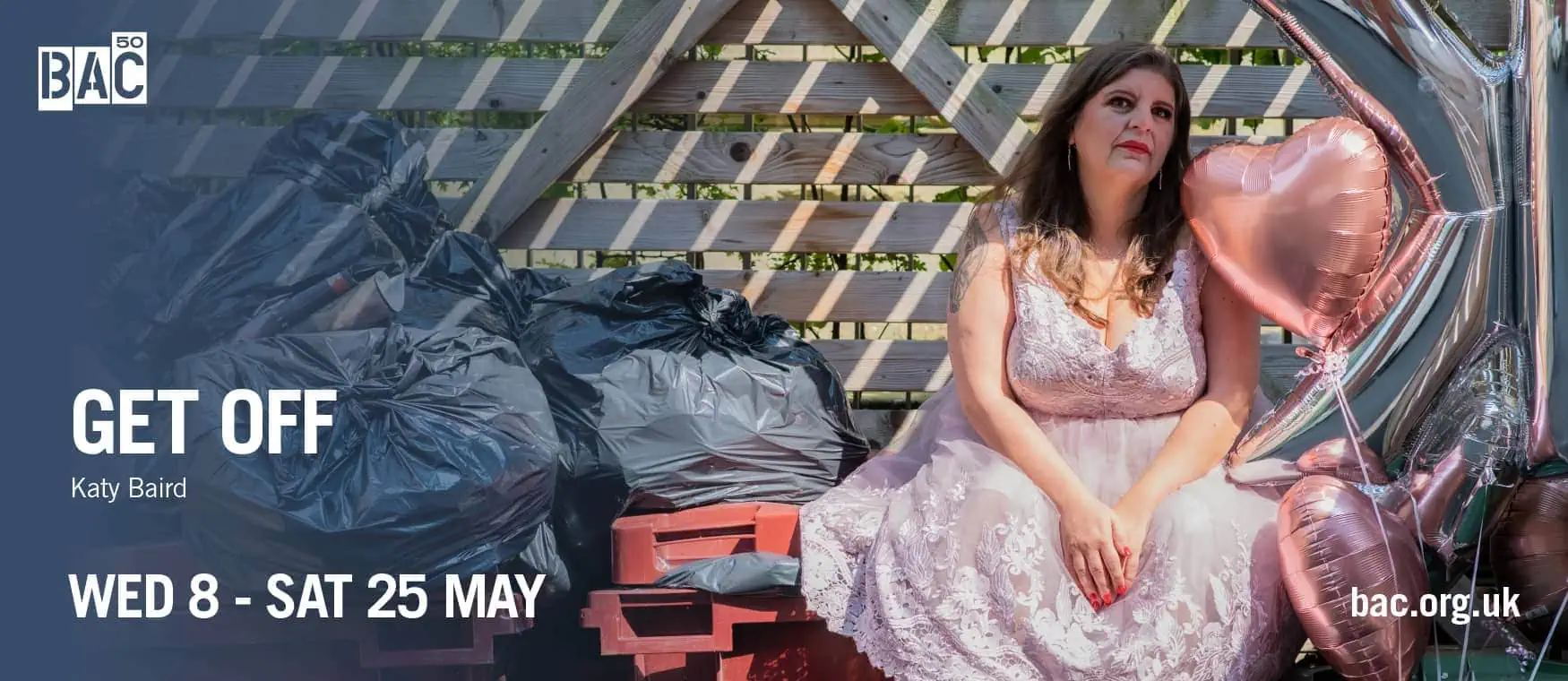We must use World AIDS Day as an opportunity to educate people and dismantle preconceptions.
The last few years have been pivotal, not only in how HIV and AIDS are treated, but in how they’re perceived. The virus is more understood and less feared than it has ever been before. With the right treatment, HIV positive people are living long, happy and healthy lives.
New treatments have also massively changed the behaviour of the virus. Many people are now classed as Undetectable, meaning transmission of HIV via sex or any other means, is virtually impossible. It is now, statistically, far safer to have unprotected sex with someone who’s HIV positive and undetectable, than with someone who doesn’t know their status. The introduction of PEP and PrEP too have questioned our definition of safe sex, and sparked debates in UK healthcare that have garnered international attention.
The revolutions in HIV and AIDS treatments have brought interesting issues to the fore. The ongoing battle for PrEP to become freely available on the NHS, for example, has exposed a still very present and insidious institutionalised homophobia in our society. Politicians, executives and most notably the right wing press, have relished in screeching from the rooftops about how we’re enabling gay men’s dangerous lifestyles, in a dialogue unsettlingly reminiscent of sociopolitical attitudes towards the AIDS crisis of the late eighties.
We’ve learned from this, and of course from other recent political events, that people perhaps aren’t as forward-thinking and caring as we thought. It’s a harsh, uncomfortable reality, but as the trainwreck that’s been 2016 careens towards its twisted, steaming conclusion, it’s a reality we need to come to terms with.
Speaking from a purely personal perspective, I’m very lucky in that I can honestly say with confidence, that my colleagues, friends, family and partner, would love and understand me no matter what my HIV status. But this is unique. Many people, still, in the UK in 2016, suffer persecution on a daily basis. It may be something as simple as being told to wash their hands by a restaurant manager boss, or a friend saying no when you ask if they want a sip of your drink, but it’s precisely these little everyday things that have the greatest, most emotive impact.
That’s why things like World AIDS Day are so important. Even if we’re lucky enough to be surrounded by knowledgeable, understanding people, we need to remember that the majority of the population probably aren’t as switched on. It’s no fault of their own. It is, partly, down to the inexcusably inadequate sex education in UK schools. Some kids don’t get it all, and if they do, it’s very rare that gay sex, much less AIDS and HIV, are covered by teachers. And the general population are still weird about sex in general. It stems from that British, Victorian, stiff-upper-lip prudishness that we still haven’t quite shaken off.
But it’s not just the general population. Shockingly, inaccurate perceptions of HIV and AIDS are still widespread among gay and bisexual men. A recent survey by the Terrence Higgins Trust uncovered some jaw-dropping findings. Only 45% of men surveyed were aware that people with HIV can have sex without passing on the virus, with only 61% believing that HIV positive people can live into old age. This shows that a woeful lack of understanding is still prevalent, in one of the very communities most affected by HIV and AIDS.
We should use World AIDS Day to smash these stigmas. If someone asks why you’re wearing a red ribbon, explain to them that it’s to help people understand HIV better. That it’s not a death sentence, or a plague, or a dirty disease. It’s just a condition that some people happen to have. Because these days, we haven’t got time to judge each other for things like HIV status. We’ve got magazines to write, we’ve got governments to overthrow, and we’ve got LIVES TO LIVE.











